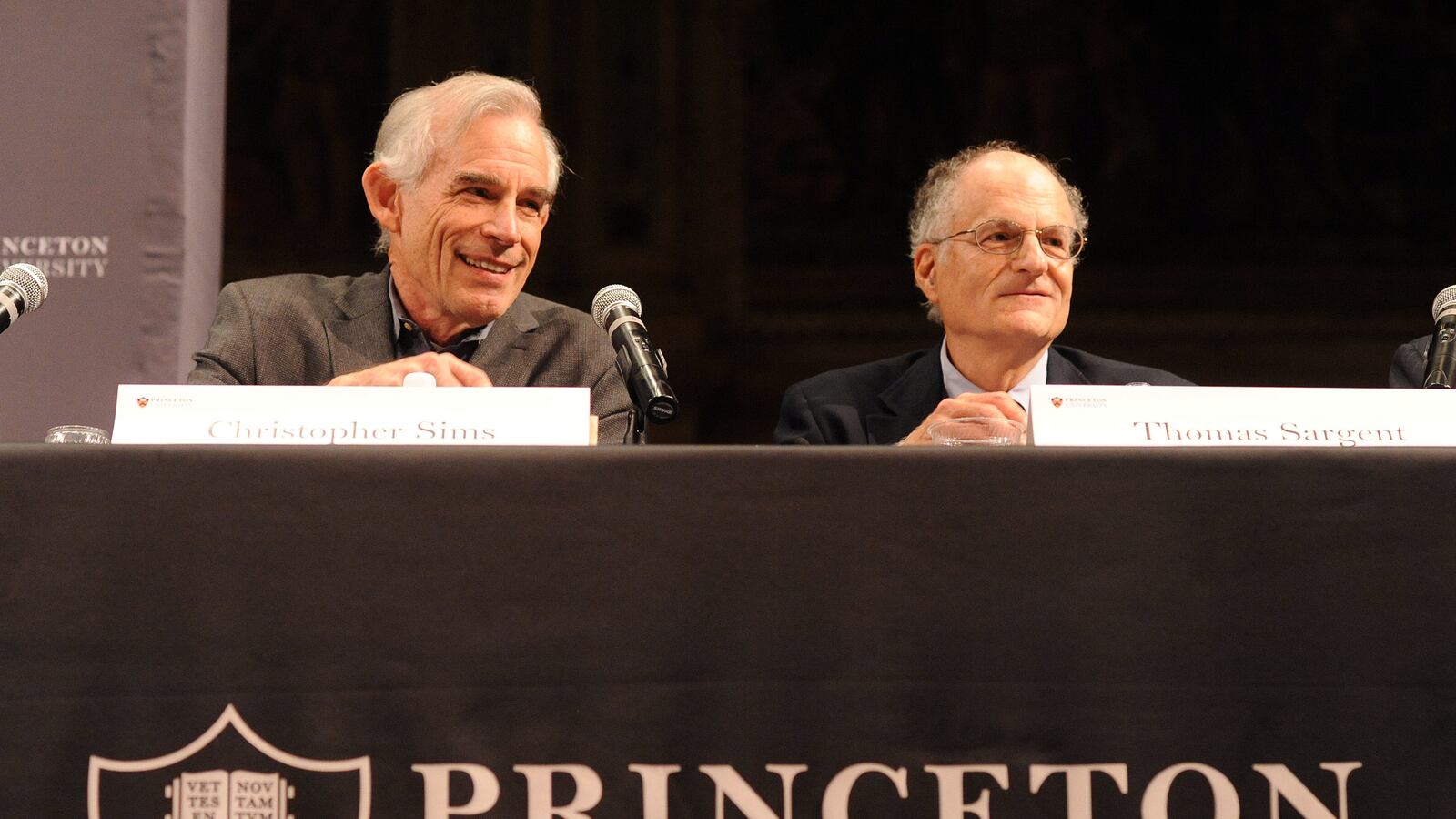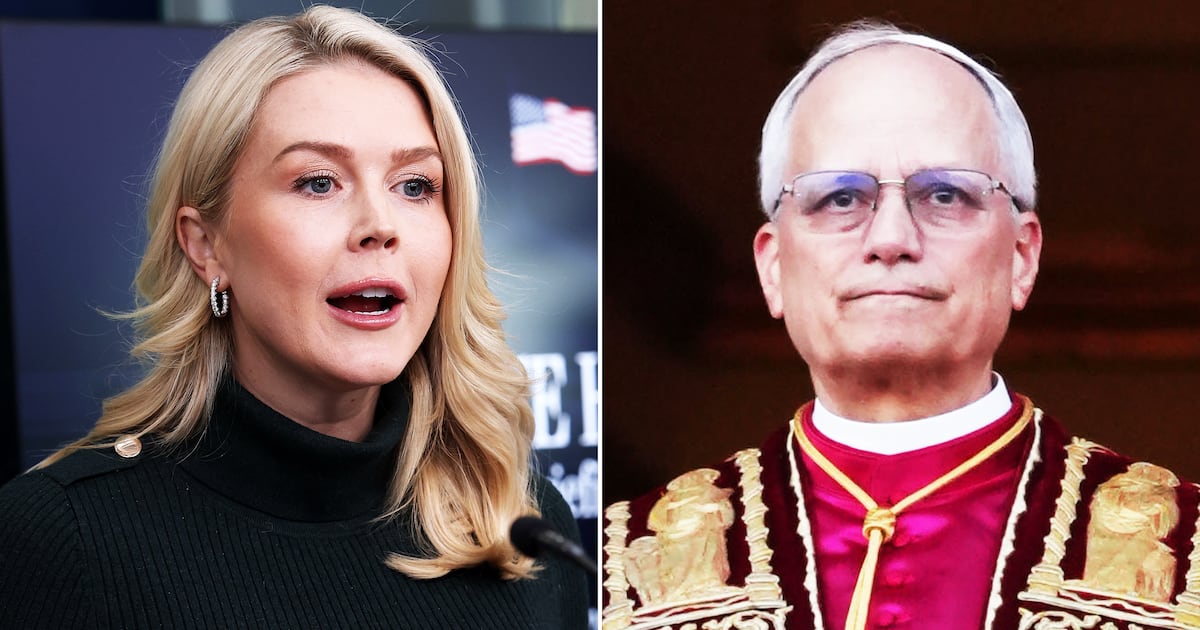Douthat with an epic column on our self-perpetuating elite:
[D]on’t come out and say it! Next people will start wondering why the names in the U.S. News rankings change so little from decade to decade. Or why the American population gets bigger and bigger, but our richest universities admit the same size classes every year, Or why in a country of 300 million people and countless universities, we can’t seem to elect a president or nominate a Supreme Court justice who doesn’t have a Harvard or Yale degree.
No, it’s better for everyone when these questions aren’t asked too loudly. The days of noblesse oblige are long behind us, so our elite’s entire claim to legitimacy rests on theories of equal opportunity and upward mobility, and the promise that “merit” correlates with talents and deserts.
That the actual practice of meritocracy mostly involves a strenuous quest to avoid any kind of downward mobility, for oneself or for one’s kids, is something every upper-class American understands deep in his or her highly educated bones.
But really, Susan Patton, do we have to talk about it?
And on this subject, Douthat neatly overlaps with a self-described nerdy leftist who rides a bike in Brooklyn. Chris Hayes' Twilight of the Elites is a story instinctively felt by kids who've gone through the Ivy League experience (or even the application process.) It's a "meritocracy" where merit is largely defined by childhood tests, an application process where being rural and/or conservative won't help your chances of admission, and having a summer job instead of jetting around to the third world is considered problematic (because hey, everyone can fly to Africa, right?)
But yayyyy, America!






